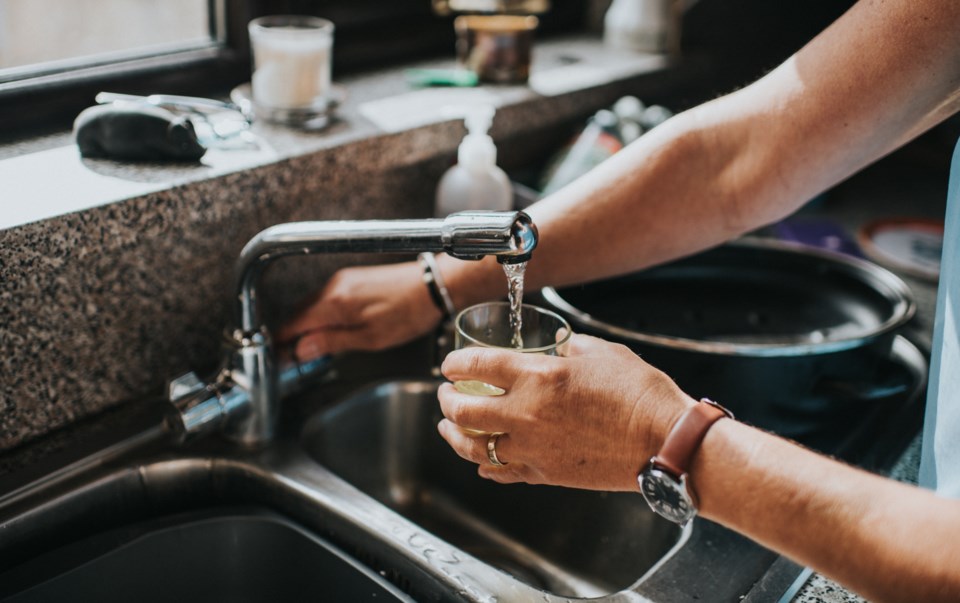Whistler's mayor and council heard an update on the Resort Municipality of Whistler’s (RMOW) Cross Connection Control program at the April 20 meeting.
The program—which intends to prevent backflow from private water systems into the RMOW’s potable water supply—was first introduced in 2013, and received a bylaw update in 2019 that added the ability for the RMOW to enforce compliance.
After bringing municipal facilities into compliance in 2015, RMOW staff began working with private facilities to implement cross connection control, beginning with those posing the highest risk.
Of 46 “high hazard” properties (typically institutional buildings like hospitals or dry cleaners), 43 have been deemed compliant, with the rest expected to be brought onboard in the coming months, said manager of development services Jeff Ertel in a presentation to council.
While the RMOW’s bylaw allows for fines, or even turning off the water supply to properties not in compliance, “staff have been very successful resolving compliance issues with property owners, and we’ve done so without having to use the enforcement component of the bylaw,” Ertel said.
Staff will soon shift focus to the approximately 326 “moderate risk” properties—only 49 of which are currently in compliance, and 116 of which have yet to be surveyed.
*The RMOW’s bylaw concerns industrial, commercial and institutional facilities, as well as residential properties. Staff have been focusing on the high hazards and will now be shifting focus to moderate hazards, which may be found within residential properties.
Residential properties are considered low risk, but those with irrigation systems, or hot tubs or pools that are permanently connected to home plumbing systems, require backflow devices.
Find more info at whistler.ca/water.
*An earlier version of this article stated the bylaw does not include residential properties, but that they would be considered at a later date. In fact, the bylaw applies to all properties.




